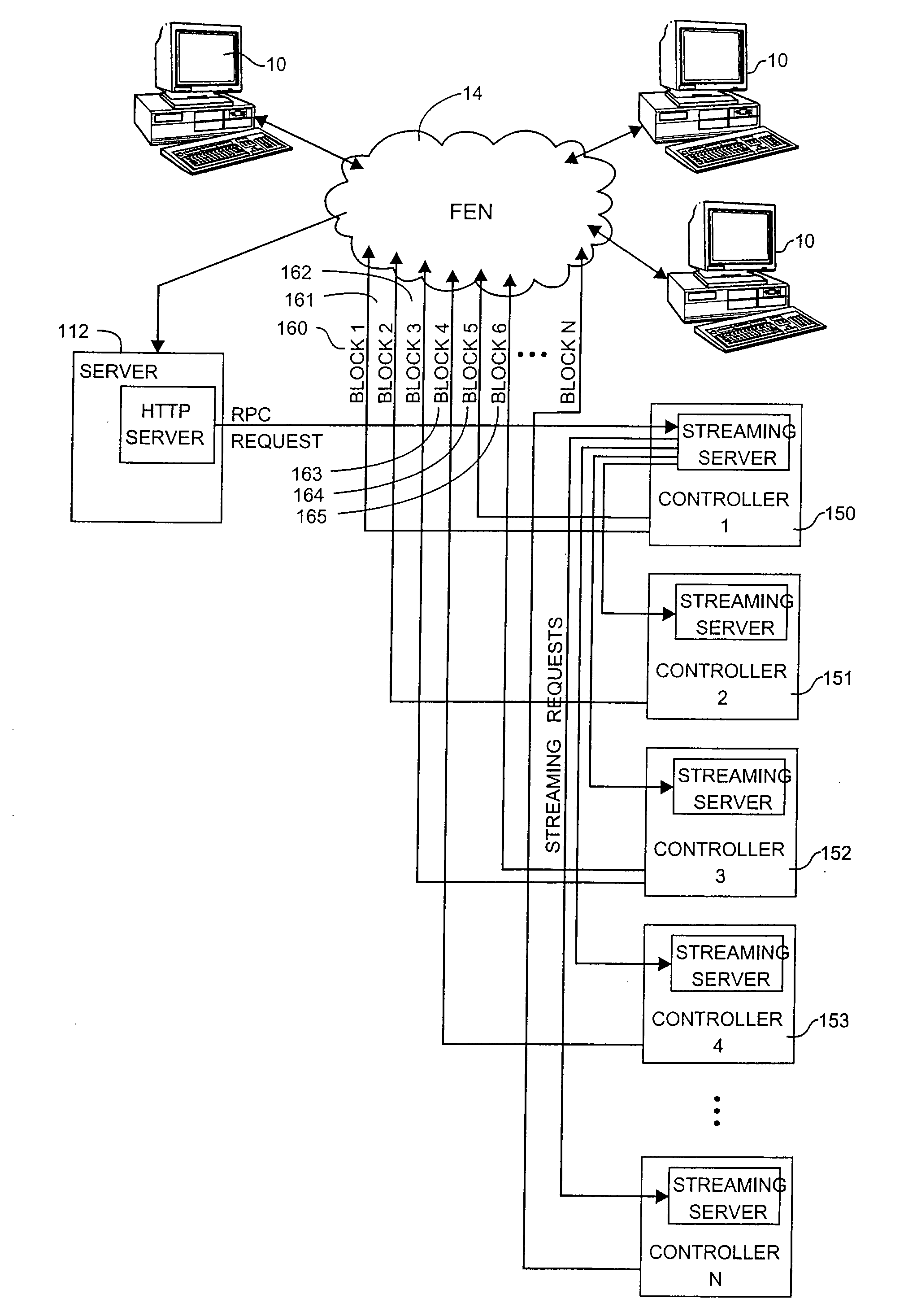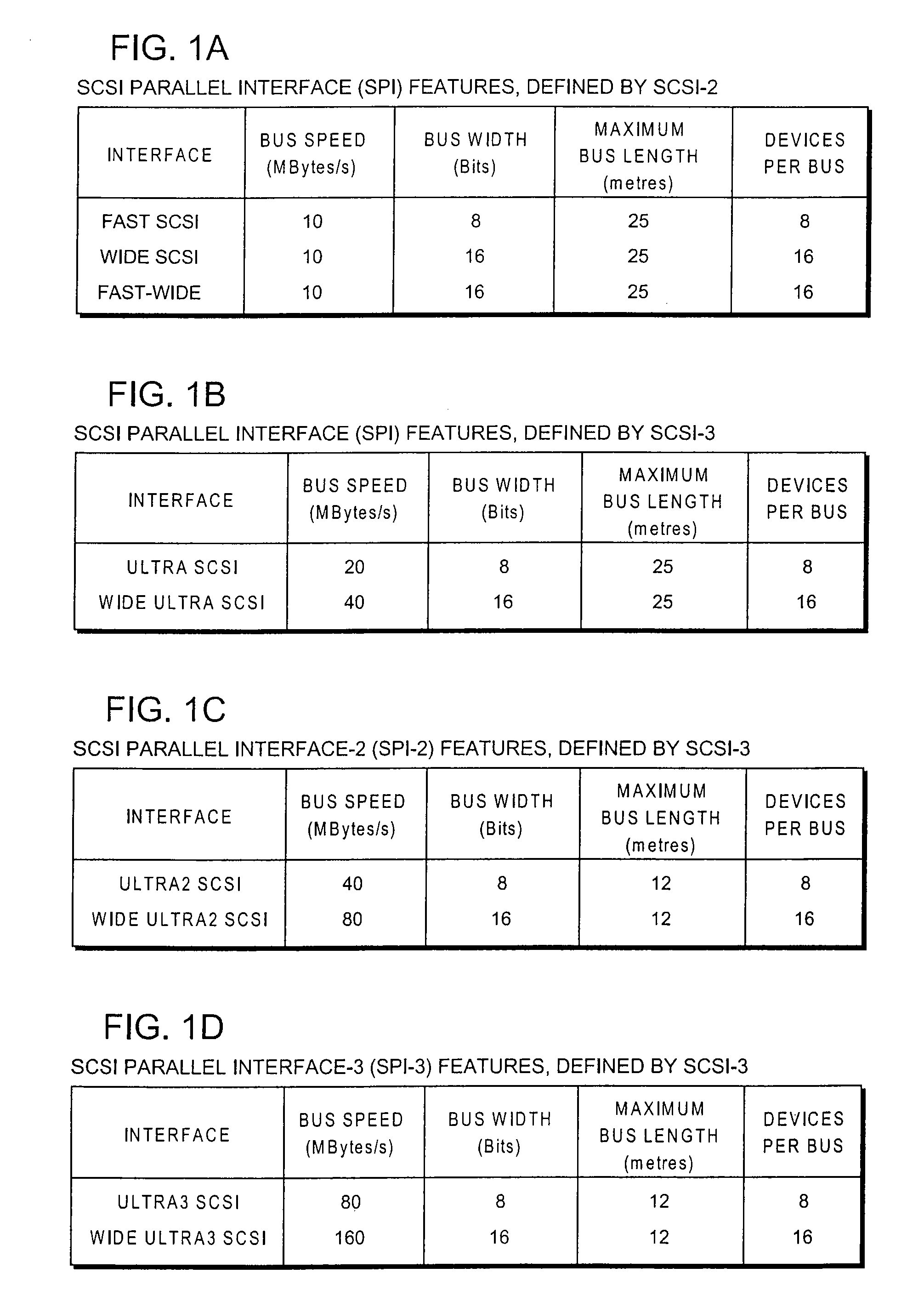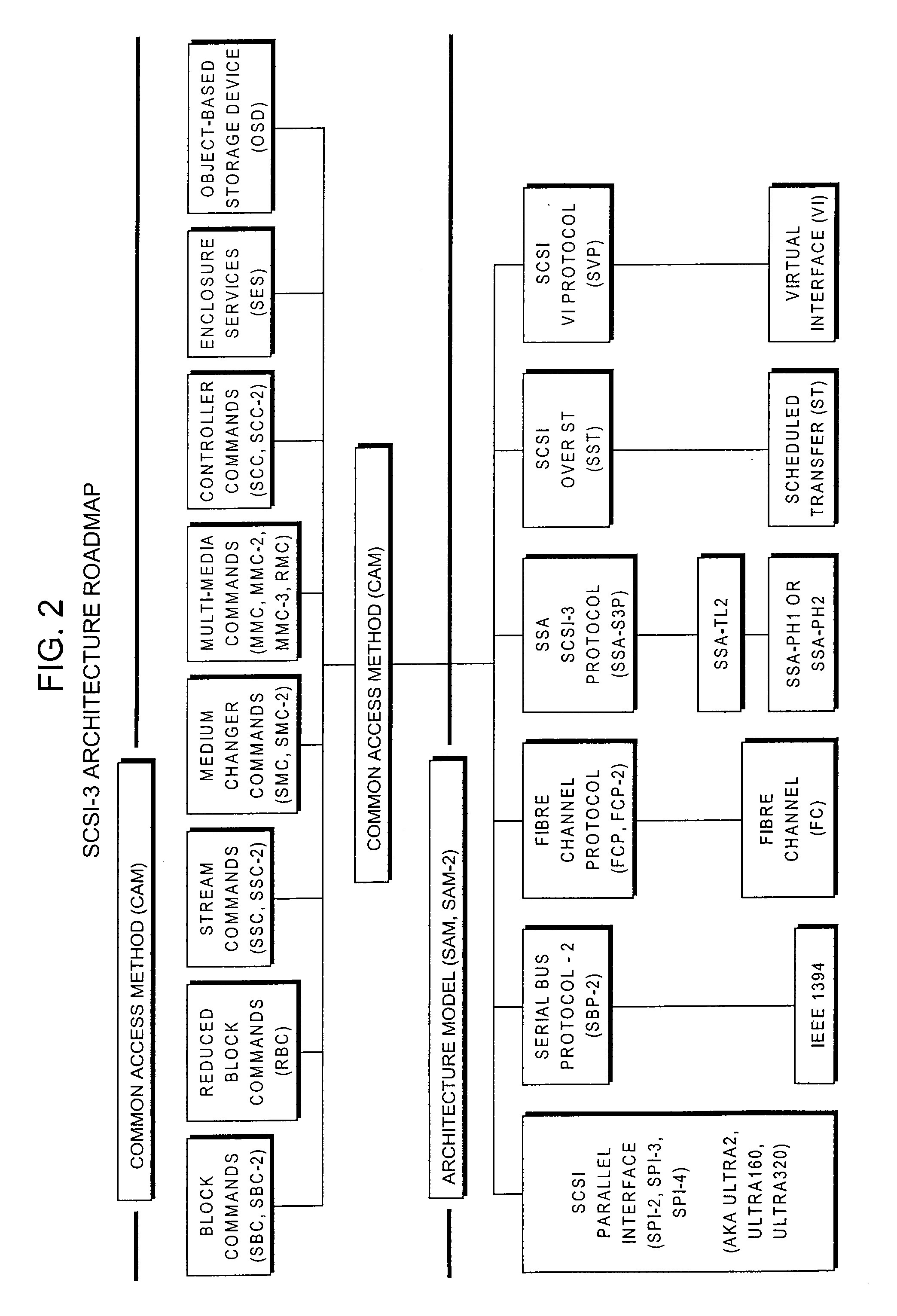Method and system for providing multimedia information on demand over wide area networks
a multimedia video and audio data and wide area network technology, applied in data switching networks, selective content distribution, instruments, etc., can solve the problems of increasing the cost of the system, unable to process the large number of streams that are required, and floating point support adds to the system cost, so as to increase the overall throughput, reduce the time required, and increase the latency of copying from cache into the server
- Summary
- Abstract
- Description
- Claims
- Application Information
AI Technical Summary
Benefits of technology
Problems solved by technology
Method used
Image
Examples
Embodiment Construction
[0072] In the following description, although the use of a packet-switched network which transports only fixed size cells is described, the following can easily be adapted for use in networks which transport variable size packets or in circuit switched network.
[0073] The present invention includes two components. the first component includes the messaging scheme (hereinafter, “Messaging Protocols”) for communicating the video data or other data content from the controller card to the client with the intermittent interaction software protocols: In order to accommodate all of these features and maintain backward compatibility, SCSI-3 expanded to become a “family” of standards, categorized as either a logical or a physical interface.
[0074] Referring to FIG. 2, the scope of the SCSI-3 architecture is illustrated. As shown in FIG. 2, three physical interfaces are defined by the SCSI Architecture Model (SAM) of SCSI-3 that enable serialized transport of SCSI channel protocol traffic: 13...
PUM
 Login to View More
Login to View More Abstract
Description
Claims
Application Information
 Login to View More
Login to View More - R&D
- Intellectual Property
- Life Sciences
- Materials
- Tech Scout
- Unparalleled Data Quality
- Higher Quality Content
- 60% Fewer Hallucinations
Browse by: Latest US Patents, China's latest patents, Technical Efficacy Thesaurus, Application Domain, Technology Topic, Popular Technical Reports.
© 2025 PatSnap. All rights reserved.Legal|Privacy policy|Modern Slavery Act Transparency Statement|Sitemap|About US| Contact US: help@patsnap.com



